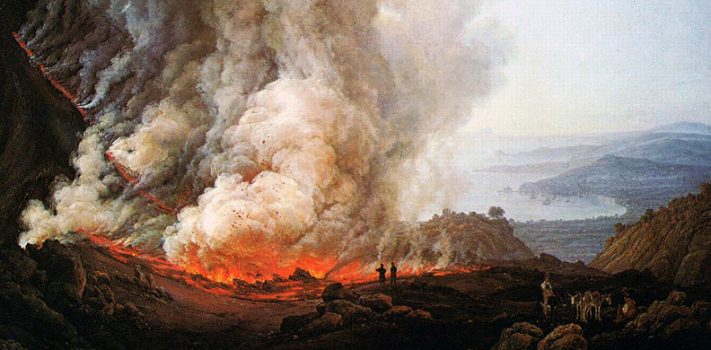On July 15th, 1888, the Bandai Volcano erupted on the Japanese island of Honshu killing hundreds and burying many nearby villages in ash. While Honshu is in an area of frequent earthquakes and volcanic eruptions, this eruption was surprising. The volcano had erupted only four times in the 1,000 years prior and none had been particularly deadly. However, this eruption was different. The rumblings started just after 7 a.m. Within 30 minutes there was an explosion on the north side of the mountain and over the next two hours there were dozens of explosions giving villagers very little time to escape.
- Ad California Legal Rifles & Pistols!WBT makes all popular rifles compliant for your restrictive state. Choose from a wide range of top brands made compliant for your state.
- Ad STRATEGIC RELOCATION REALTYFOR SALE: Self-sustaining Rural Property situated meticulously in serene locales distant from densely populated sanctuary cities. Remember…HISTORY Favors the PREPARED!











Current events have reminded me of this Quote,
https://survivalblog.com/mt-jims-quote-of-the-day-2530/
Heinlein had vision, sixty years ago…
Your recommendation for a good starters book on how to prep, what to start with, storage priorities and your recommendation for a company who sells long term storage foods etc
Thank you
I’d rather not show my biases, so I’ll ask any long-time SurvivalBlog readers to chimes in, with their recommendations. Thanks in advance!
Hi, Sandi, Welcome to SurvivalBlog! The answers to your questions could fill several books. The specific advice would vary depending on what part of the country you live in, whether your location is more urban, suburban, or rural, and whether you live alone, have a partner, and/or have children. The most important thing is to not get overwhelmed and give up. Rather than buying a book about how to prep, just start simply. Make a list of the types of situations that could occur in your home, neighborhood, or city that would disrupt your usual routine. Then, beginning with the most likely one, think about what you would need to “survive” that situation. For example, if your power went out because of a storm, you might need to have a couple spare flashlights or headlamps with extra batteries. You could bring in a few of your solar path lights from your yard. You might also want to have a few extra cans of Spaghettios that you could eat cold, if you can’t operate your electric range (don’t forget a manual canopener). I won’t go on, but just start with the most likely disruption, and think about what you would want to have for it. Once again, don’t let yourself get overwhelmed. Just pick up one or two things as your budget allows. None of us is completely prepared for every single situation that might occur; prepping is a lifelong, gradual process. Lastly, it’s important if you acquire any equipment, gadgets, or food items you haven’t used before, to practice using them. There are many different companies that produce survival/camping type food products. Some of them provide small sample packs so you can give them a taste test. Some are easier to use, and some not so much. So experiment and see what you prefer. The most important thing is just to get started!
Best wishes to you and your family in your prepping journey!
Ma G,
Your advice reminds me of two great quotes:
Start by starting.–Meryl Streep
“Fortune befriends the bold.” – Emily Dickinson
Carry on in grace
Ma G offers very good advice. Many people who make money on XYZ will be happy to tell you what you need, but only YOU actually know what you need / use. Think back to the last ‘disaster’ you had to deal with. We had to deal with tornadoes last year. While my family was not seriously impacted, we lived near people who had it much worse, and I learned a lot by observing the situation on the ground while trying to help. What was needed? Where did supply chains break down? For how long? How long was it before help arrived and what form did that help take? Hint: it wasn’t the government or the Red Cross that arrived first. You may have different issues to negotiate: hurricane, earthquake, social unrest in a nearby city, winter storms, employment ups and downs. What’s the thing most likely to impact you? And what do you need to deal with that event with a minimum of outside help? Don’t feel like you have to buy a bunch of stuff all at once. While you will probably buy some stuff, your biggest preps are skills and mindset.